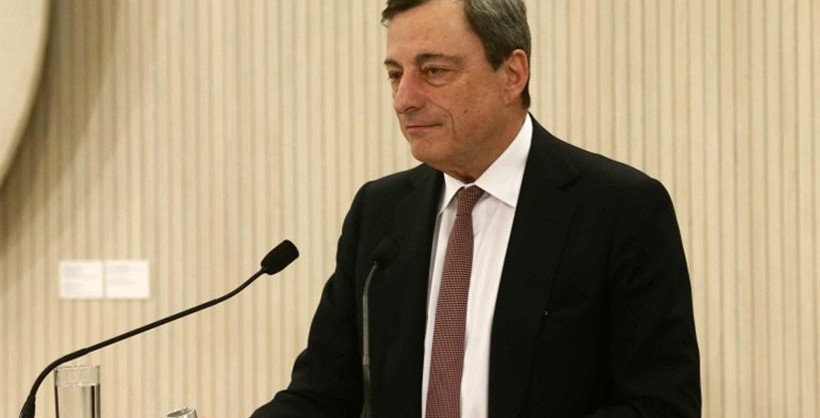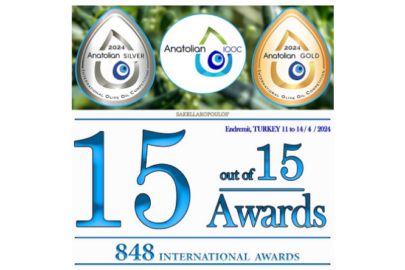ECB president Mario Draghi on Thursday declined a Greek request to raise the limit (15 billion euros, currently) for the issuance of T-bills, in order to cover part of its fiscal needs.
In qualifying the decision, the European Central Bank said it cannot implement fiscal policy, something stipulated by its own rules.
Responding to a question regarding a possible liquidity crunch that Greece may face in the coming period, and whether the ECB is willing to raise the limit for T-bills, Draghi was crystal clear, stating that the ECB is not a political organization.
“The ECB is an organization which follows specific rules, while a program of fiscal funding cannot be implemented. It is forbidden. We cannot give banks money to fund their government”.
He added that the ECB has given a credit extension to Athens totalling 100 bln Euros, and has doubled lending. Lending is 68% of the Greek GDP, he noted, adding that the ECB is Europe’s Central Bank as well as the Central Bank for each individual member state of the Eurozone. He clarified that a prerequisite to restart Greek funding will be the successful implementation of the program. As things stand, no bonds could be bought by countries in a program, such as Greece and Cyprus.
He underlined that if the country repays the bonds in the ECB’s possession, the whole issue can be re-examined.
On a brighter note for Athens, Draghi told reporters that the amount of ELA lending available to Greece’s systemic banks had been increased.
“We have raised the ELA (Emergency Lending Assistance) today (Thursday),” he said from Nicosia, while emphasizing that Greek banks were healthy and recorded capital levels well above the minimum requirements.
In his statements after the Board of Directors meeting, held on Cyprus, Draghi stated that the official purchase of government bonds by the ECB will begin on March 9.
Draghi reiterated that the total amount spent by the ECB for purchasing government and private bonds on a monthly basis will reach 60 bn. euros, while the program will last at least until September 2016. Purchases will be made by the secondary market.
He clarified that the details of the program will be publicized today at 14:30 GMT on the ECB website.
According to ECB analyses on the Eurozone economy, growth will reach 1.5% for 2015, 1.9% in 2016 and 2.1% in 2017.
As far as the HICP (Harmonised Index of Consumer Prices) goes, estimates are as follows: 0% for 2015, 1.5% in 2016, 1.8% in 2017.



































